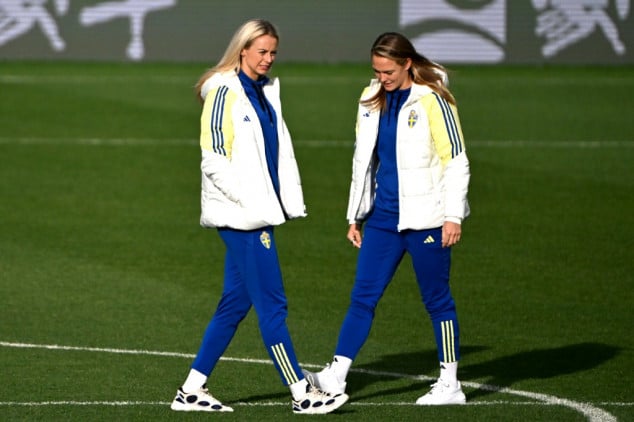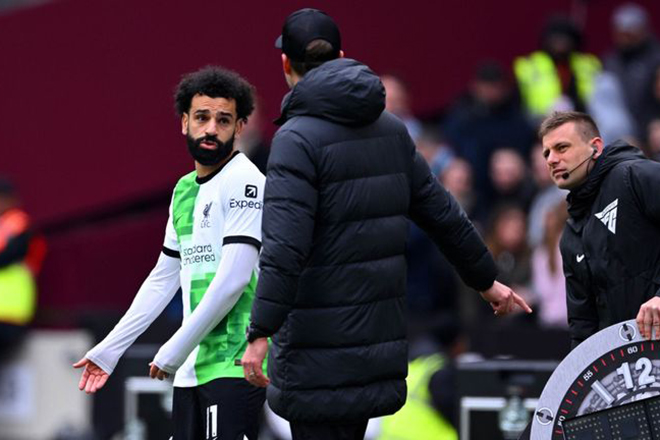Japan are the revelation of the Women's World Cup but they must brace themselves for the ultimate clash of styles when they face Sweden in the quarter-finals at Eden Park on Friday.
The only side left in the tournament who have won the World Cup before, 2011 champions Japan have surged into the last eight with 14 goals scored in four games and one conceded.
One of the few teams to have lined up with three centre-backs, they have been devastating on the counterattack, surgical with their passing in behind the opposition defence and clinical in the final third.
In Hinata Miyazawa they have the leader in the race for the golden boot with five goals.
Sweden have built their success on a solid defence that has also let in just one goal, in their opening game against South Africa.
Physically they are a handful for opponents and they are particularly dangerous at set-pieces.
Zecira Musovic meanwhile produced arguably the best performance of any goalkeeper at the competition as Sweden eliminated holders the United States on penalties in the last 16.
"This won't be like the physical game we had against the USA. It will be a lot more technical and fast-paced," Sweden coach Peter Gerhardsson told reporters on the eve of the match in Auckland.
"When we get possession we will need to move the ball quickly and make the most of our physical advantage."
The most striking difference between the teams is in that physicality.
The average height of the Sweden side that started against the US was six centimetres (more than two inches) taller than the Japan team which lined up for their 3-1 win over Norway in the last round.
Amanda Ilestedt, the centre-back who has scored three goals so far, and Barcelona forward Fridolina Rolfo both tower over any Japanese player at 1.78m (5ft10) tall.
Very aggressive
If Sweden are physical, Japan's approach is anything but.
They have conceded just 20 fouls in total, fewer than any other team left in the tournament, and have not picked up a single yellow or red card.
Sweden have given away 58 fouls, more than anyone else.
"They are fast, very aggressive and tall, so we have to be prepared to deal with that first and foremost," said Japan coach Futoshi Ikeda.
The teams met in the semi-finals of the 2011 World Cup in Germany, with Japan coming from behind to triumph 3-1 on the way to lifting the trophy.
Of more relevance, however, might be their encounter at the Tokyo Olympics two years ago, which Sweden won 3-1 before going on to lose the gold medal match on penalties to Canada.
"Japan have really refined parts of their game since then, especially their counter-attack. Now they are very quick and whenever they get the chance to go forward, they do so," said Sweden's defensive stalwart Magdalena Eriksson.
"At the time, in Tokyo, they were more about possession, so now they have added that dimension to their game."
Eriksson, who recently joined Bayern Munich from Chelsea, was quizzed about how she and her central defensive partner Ilestedt would stop the pacy Miyazawa from adding to her goals tally.
"The most impressive thing about the Japanese team is that it doesn't really matter who is on the end of their attacks," she said.
"They are all in sync and have such a clear style of play. The whole team is the threat."
The winners of Friday's game will stay in Auckland for a semi-final against Spain or the Netherlands next Tuesday.





























